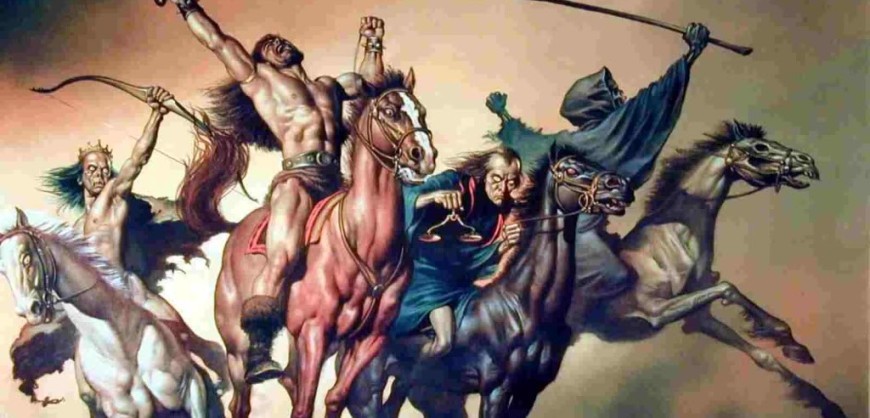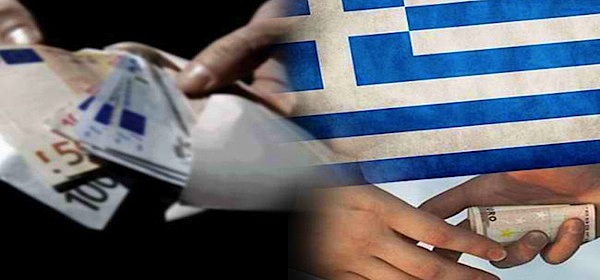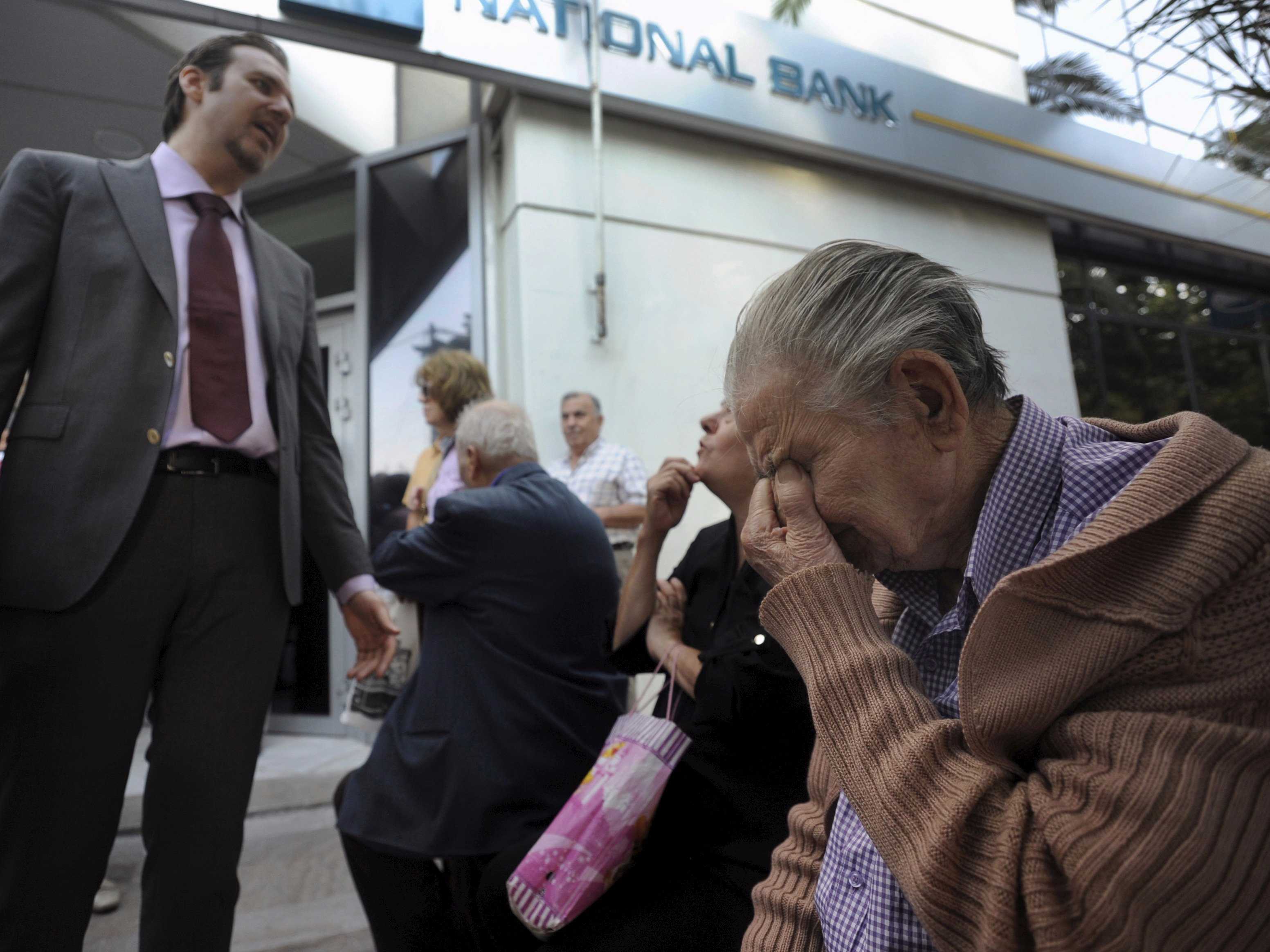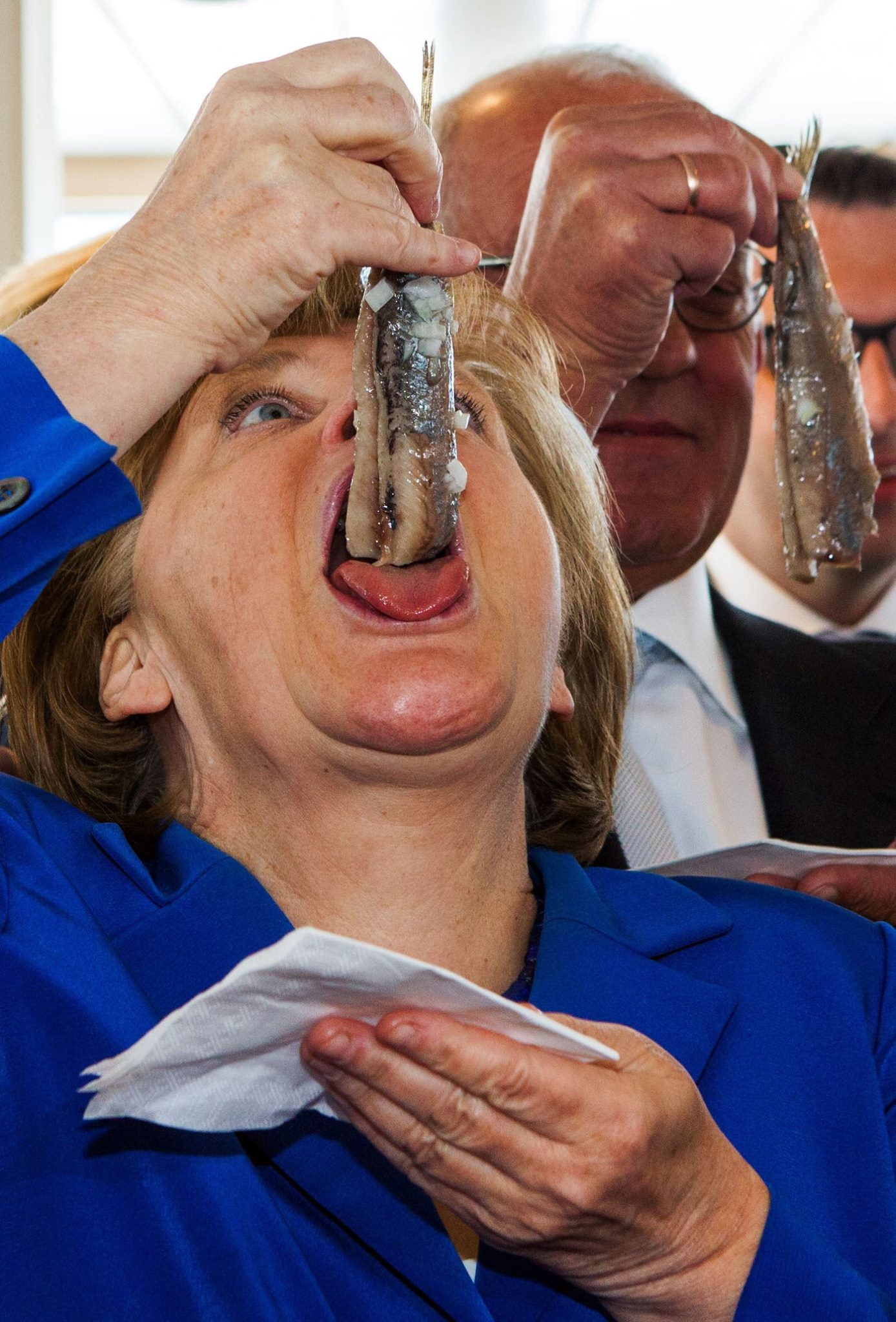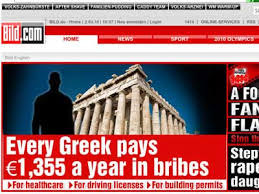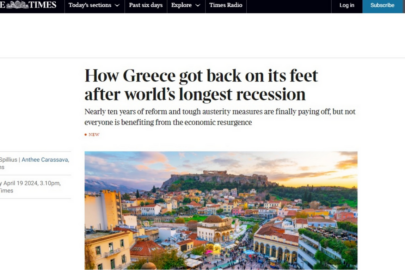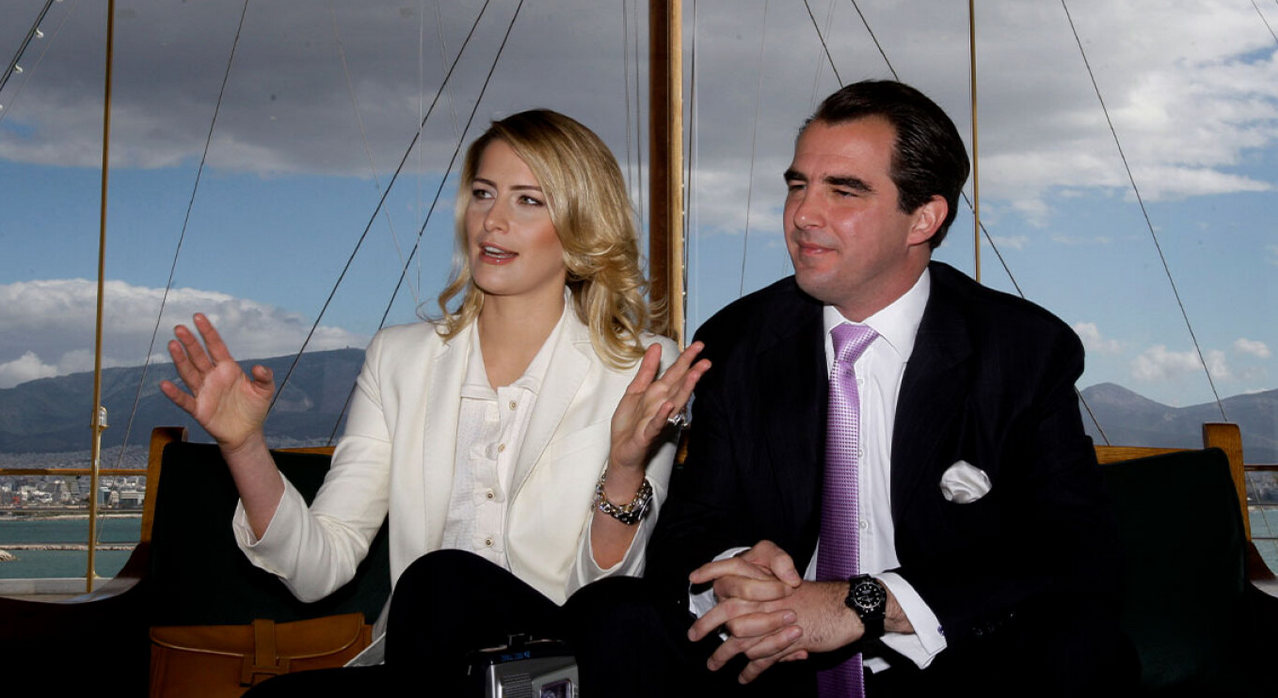Greek PM Alexis Tsipras likened himself as David coming up against Goliath during a televised speech on private ANT1 TV on Thursday evening. The biblical allusions don’t end here as creditors have warned of “Armageddon” in the event that Greek voters say ‘no’ to a question over creditors’ last proposal (now off the table) — but one viewed in most of the rest of the world as a plebiscite on Greeks’ intent to stay in the euro and united Europe.
The truth is that the four horsemen of the Greek economic Apocalypse are not missing from Greece:
FIRST HORSEMAN – GREEK CORRUPTION
Let’s not forget Greece’s inefficient internal system that has exacerbated the crisis. Some 17.5% of its economic output is now spent on pension payments despite the fact that these are very low, for the bottom half of pensioners. Furthermore, the benefits enjoyed by Greek wage-earners – once a fine example of social justice – could not be kept up due to corruption. In 2013, Greece’s retirement age was raised by two years to be made 67 years, however, government data shows that the average Greek man retires at 63 years and the woman at 59 years whereas there are exemptions for police and military personnel, or female employees in the wider state-run system with at least one minor that retained the right to retire after … 15 years of employment. Then there is widespread tax evasion, one of the worst scourges in modern Greece that has never been dealt with. Greece’s Radical Left Coalition (SYRIZA) wanted to target tax evaders but five months in government and it remains inert in this regard.
SECOND HORSEMAN – BANKS
Nobel prize-winning World Bank chief economist Joseph Stiglitz said that “almost none of the huge amount of money loaned to Greece has actually gone there despite the fact that Greece owes its creditors 323 billion euros – 175% of the country’s GDP. The spotlight has been cut into rash loans giving by financiers. In the mid-1990s, before the adoption of a common currency national interest rates in poorer EU states like Greece and Spain hovered at around 14%. Borrowers in these countries were eager to welcome northern bankers with seemingly infinite cash supplies and interest rates as low as 1-4%. On example is Depfa, a German public mortgage bank that helped Athens get a star credit rating, raising 265 million euros for the Greek government railway spree among others. Greeks benefited from the infrastructure spending stimulus but Depfa nearly collapsed in 2008… There are many examples of a tsunami of cheap credit across the planet between 2002 and 2007. German banks loaned a whopping $704 billion to Greece, Ireland, Italy, Portugal and Spain before they became PIIGS in 2009.
THIRD HORSEMAN – DESIGN OF THE EU
Greece’s EU partners stand accused of pushing for a financial regime that didn’t fit the low-growth, non-competitive Greek economy, because they personally stood to benefit. The design of the euro zone itself may have triggered a Greek crisis because the northern countries — with more competitive economies and more efficient states — pushed for a financial regime that didn’t suit the Greek economy.
FOURTH HORSEMAN – MEDIA
Stereotypes in the international media initially bombarded viewers with claims that the Greeks, in general, were lazy deadbeats working just 10 months of the year. Furthermore, some Greek media presented a lopsided view of the crisis… Prime Minister Alexis Tsipras on Thursday night referred to this in his interview on private ANT1 TV.

